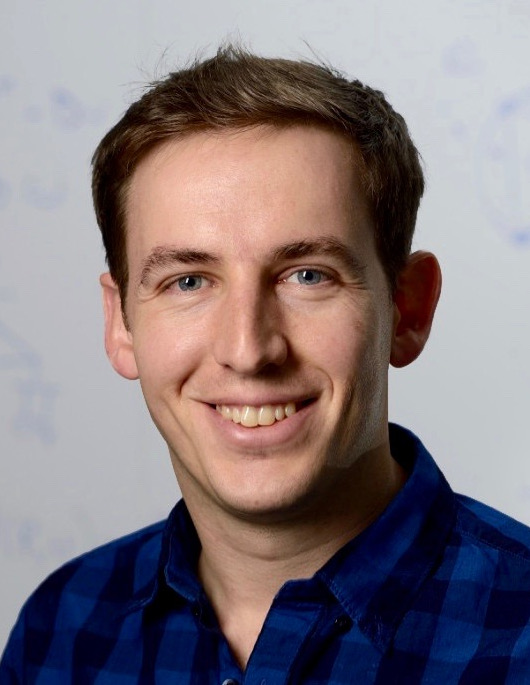
ECE Seminar
Embracing Low Inertia in Power System Frequency Control: A Frequency Shaping Approach
Add to Google Calendar

Abstract: The transition of power systems from conventional synchronous generation towards renewable energy sources -with little or no inertia- is gradually threatening classical methods for achieving grid synchronization. A widely embraced approach to mitigate this problem is to mimic inertial response using grid-connected inverters. That is, to introduce virtual inertia to restore the stiffness that the system used to enjoy. In this talk, we seek to challenge this approach and advocate taking advantage of the system’s low inertia to restore grid synchronism without incurring excessive control efforts. To this end, we develop an analysis and design framework for inverter-based frequency control. We define system-level performance metrics that are of practical relevance for power systems and systematically evaluate the performance of standard control strategies, such as virtual inertia and droop control, in the presence of power disturbances. Our analysis unveils the relatively limited role of inertia in improving performance and the inability of droop control to enhance performance without incurring considerable steady-state control effort. To overcome these limitations, we propose a novel frequency shaping control for grid-connected inverters -exploiting classical lead/lag compensation and model matching techniques from control theory- that can significantly outperform existing solutions while using comparable control effort.
Short Bio: Enrique Mallada has been an assistant professor of electrical and computer engineering at Johns Hopkins University since 2016. Before joining Hopkins, he was a post-doctoral fellow at the Center for the Mathematics of Information at the California Institute of Technology from 2014 to 2016. He received his Ingeniero en Telecomunicaciones (telecommunications engineering) degree from Universidad ORT, Uruguay, in 2005, and his Ph.D. degree in electrical and computer engineering with a minor in applied mathematics from Cornell University in 2014. Dr. Mallada selected list of awards includes the Johns Hopkins Alumni Association Excellence in Teaching Award in 2021, the Catalyst Award and Discovery Award from Johns Hopkins in 2020 and 2019, respectively, the NSF CAREER award in 2018, the Center for the Mathematics of Information (CMI) Fellowship from Caltech in 2014-2015, and the ECE Director’s Ph.D. Thesis Research Award from Cornell University in 2014. His technical research interests lie in the areas of control, dynamical systems, and optimization, with applications to engineering networks such as power grids and the Internet.
 MENU
MENU 
